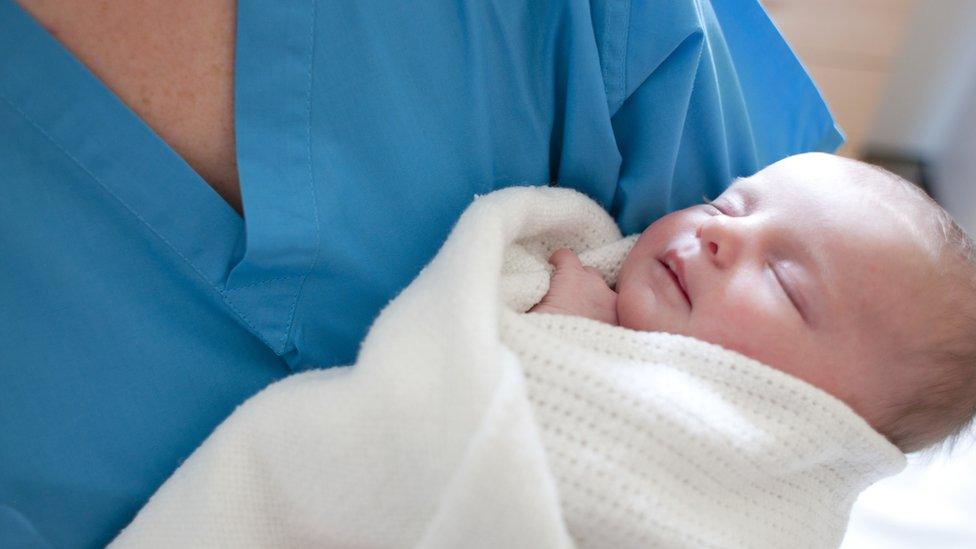NI maternity strategy 'critical' as complicated pregnancies rise
- Published
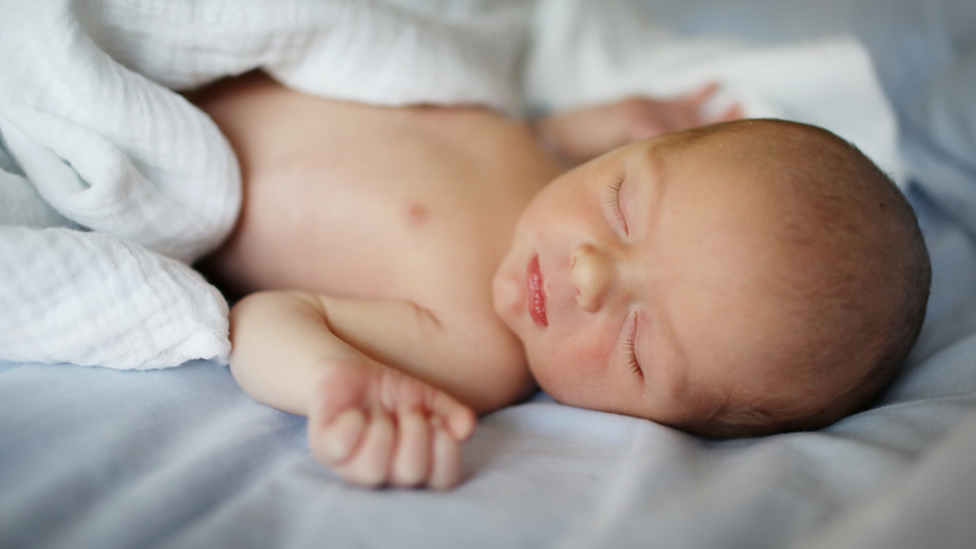
There is a critical need for a new maternity strategy in Northern Ireland, as midwives deal with a growing number of "complicated pregnancies", the Royal College of Midwives (RCM) has said.
A new report detailed mounting challenges for maternity services as the demographics of pregnant women have "rapidly" changed.
The report said more than one in four pregnant women were obese.
It also cited a "dramatic rise" in pregnancies among women in their 30s.
Stormont's Department of Health said it was committed to working with the RCM to improve maternity services and "ensure that they remain safe and effective".
But it added that it was facing a tightening budget and would have to decide which work could be done with its available funding.
Complicated pregnancies
RCM director Karen Murray said working conditions in maternity units were not sustainable.
"Services are coping because of the incredible efforts of staff who go above and beyond on a daily basis, often to the detriment of their mental and physical health," she added.
"We are seeing far more complicated pregnancies and this is increasing the demands on midwives and their colleagues.
"They want to ensure these women get the best possible support, advice and care. That is proving more and more difficult without the resources to back them up."
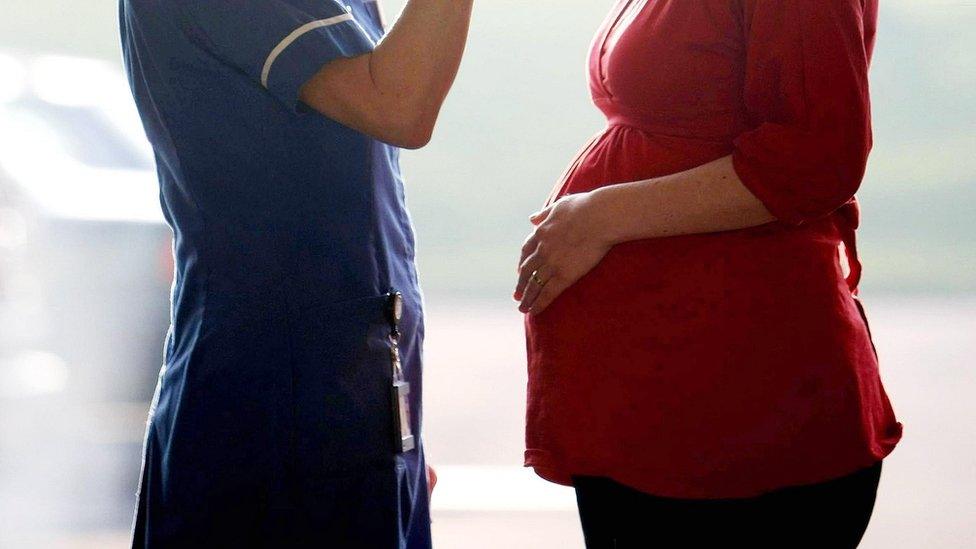
Speaking to BBC Radio Ulster's Good Morning Ulster programme, Ms Murray said issues which arise during pregnancy can be difficult for expectant mothers to deal with alone.
"These conversations are easier if you have a continuity relationship with a midwife that you know and you trust," she said.
"If you are in a situation where you're meeting a different professional every time you come for an appointment it's much more difficult to address those issues."
Weight and diabetes
The number of births in Northern Ireland has fallen since 2011 from just above 25,000 to 20,500 in 2022.
But the RCM said demand on services could not be measured by that alone and that the demographic profile of women giving birth had changed significantly over the same period.
There was an increasing number of women being cared with additional health needs, the report stated.
It said less than half of pregnant patients in Northern Ireland had a weight in the healthy range.
They are also much more likely to have been diagnosed with diabetes than a decade ago, which can cause problems for mothers and babies.
In 2012-13 the number was 899. It grew to 3,177 in 2020-21.
There were also more births registered to women aged 32 or over in 2021 compared with 2011.
The RCM said older women were more likely to experience higher rates of pregnancy-related conditions and higher rates of assisted birth, leading to longer stays in hospital.
The State of Maternity Services 2023 report said "all of these factors and more have massively increased and complicated the workload of our midwives".
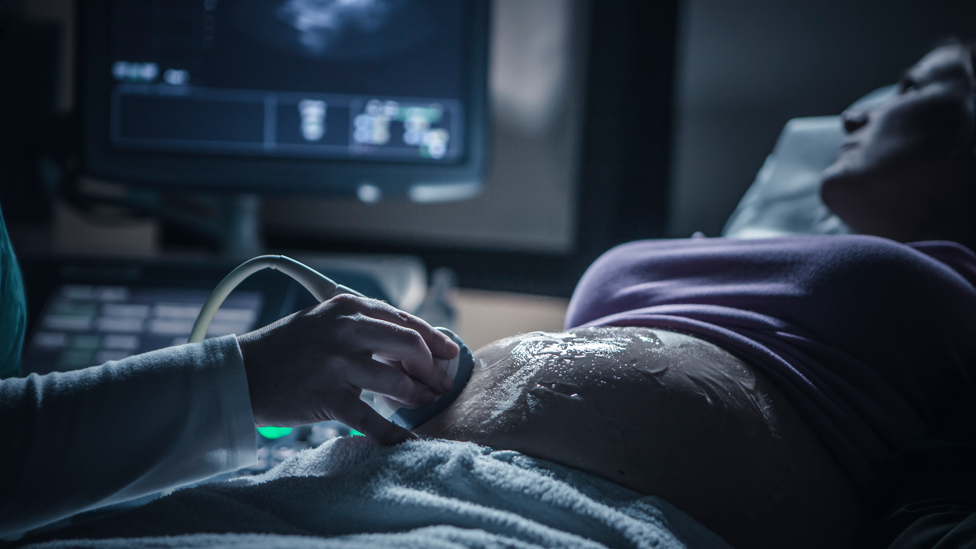
The RCM said Northern Ireland needed to take several steps to deliver high quality, safe, care for women and babies, including the funding and publication of a new maternity and neonatal strategy.
It would help design and plan services based on current trends.
Northern Ireland is the only region in the UK without an active maternity strategy. The last one ended in 2018.
The report said: "Demand for maternity services cannot be managed through waiting lists, so it is vitally important to base workforce planning on evidence rather than assumptions."
It said without a strategy, policies risked "being piecemeal, contradictory and without buy-in from everyone involved".
The RCM said a new strategy had cross-party support but was "held back by the frustrating continuation of the suspension of the assembly and executive" in Northern Ireland.
In response, the Department of Health said an independent review of midwifery services was due to be published in autumn this year.
"It is envisaged that this programme of work will help form the basis of a new maternity strategy in due course," it said.
The RCM report comes amid wide-scale budgetary pressures for the Department of Health, which has seen cuts to some health programmes and services.
More midwifery students
The RCM welcomed an increase in student midwives, with more than 70 graduating each year.
But retention of existing staff also needed to be prioritised in order to see the workforce grow. The report pointed to 129 midwife vacancies across Northern Ireland in December 2022.
"We need urgently for politicians to get back to work in the institutions. Added to this we need more midwives, something we can achieve not just through continued investment in more training but by keeping the staff we have," the report added.
"How? We pay them better and treat them better."
In March midwives in Northern Ireland voted to take industrial action over pay.
The Department of Health's permanent secretary recently said it was impossible to give pay rises under the current budget.
Peter May said the health service was facing unfunded spending pressures of £472m of which £375m relates to a pay claim matching that of NHS England.
Related topics
- Published26 August 2022
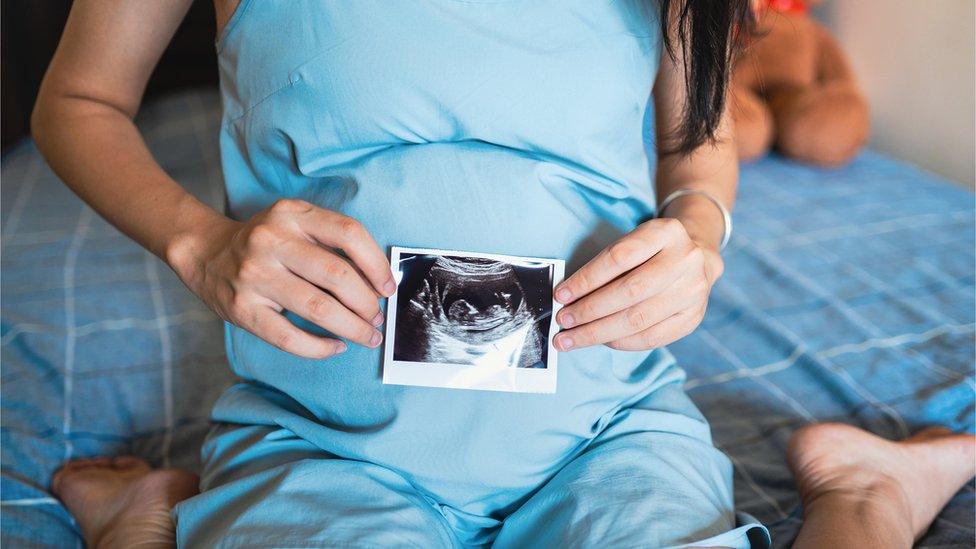
- Published21 November 2022
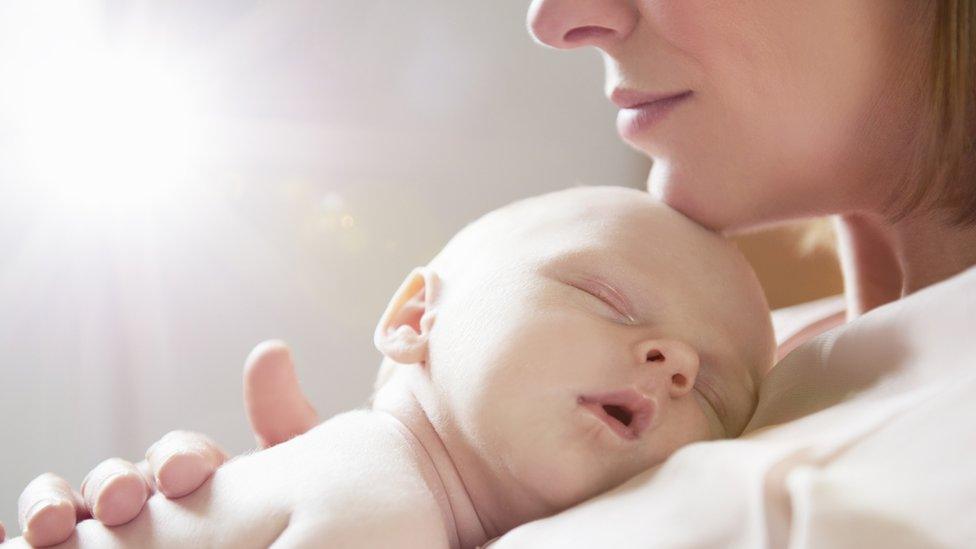
- Published7 March 2023
